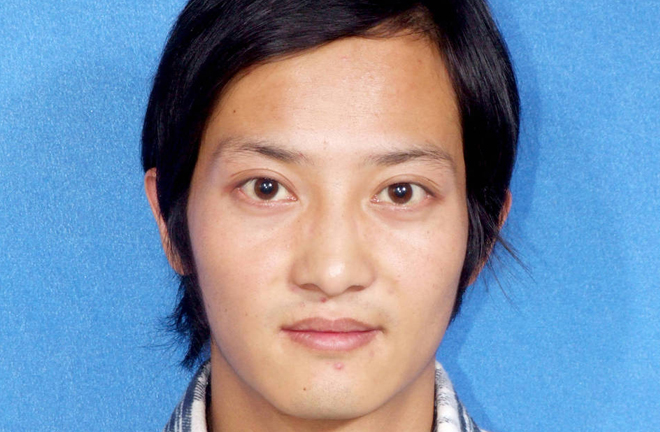QIU LINSHAN: Social science research should integrate theory, practice
 In China, research on humanities and social sciences has made great achievements, both theoretically and in terms of research methods. But in some areas, scholars have become divided into opposing camps, impeding progress.
In China, research on humanities and social sciences has made great achievements, both theoretically and in terms of research methods. But in some areas, scholars have become divided into opposing camps, impeding progress.
First, the exploration of theoretical approaches has become divorced from research practice. In recent years, many Western trends of thought have been introduced into China, prompting researchers to explore new approaches.
However, some scholars do not pay due attention to basic and empirical research, which means that their theories lack a firm foundation of research practice. At the same time, scholars doing basic research do not value theoretical inquiry or are not aware of the importance of theoretical guidance. Without theoretical awareness, their research is bound to be unsystematic and lacking in scientific rigor.
Another problem is redundancy. Scientific research should proceed based on a systematic accumulation of knowledge. One should examine all the existing research findings when beginning a research project. Researchers should try to solve problems left by predecessors in the field by drawing on existing results as a reference. However, some scholars do not follow the trends in the field and only do redundant research, wasting resources. Moreover, some scholars only make superficial changes to their own results to publish, while some even plagiarize the results by others.
Integration among different research fields is needed, but it is not enough. One field can expand itself by utilizing knowledge and methods from other fields, providing solutions to conundrums. Therefore, research in humanities and social sciences calls for integration among different disciplines or fields. But now, some researchers limit their work to one domain without knowledge of other research. In this way, they can hardly improve the depth, scope and level of their research.
There is also a separation between domestic research and overseas research. In China, researchers seldom pay attention to research development in the international community, which inevitably prevents them from being at the vanguard of academia. Moreover, translation of foreign academic results is insufficient. Current academic evaluation mechanisms do not include translated works. The lack of incentives to translate prevents many advanced research results from being transmitted to China in a timely fashion.
The aforementioned problems are harmful to China’s academic development. To change the situation, more integrated research should be advocated. First of all, researchers should integrate theoretical methods with research practice to guide research through scientific approaches. Moreover, scholars must avoid redundant research by following and taking advantage of existing findings and making innovations on the basis of existing research results. In addition, scholars should expand their vision, breaking the bounds of disciplines and fields to do cross-disciplinary research. Lastly, a better mechanism for academic supervision and evaluation is needed. Pseudoscience and fake theories should be eliminated from academia, and translated academic works should be counted in academic evaluation to encourage the introduction of more research from abroad.
Qiu Linshan is from the College of Chinese Language and Literature at Northwest Normal University.
